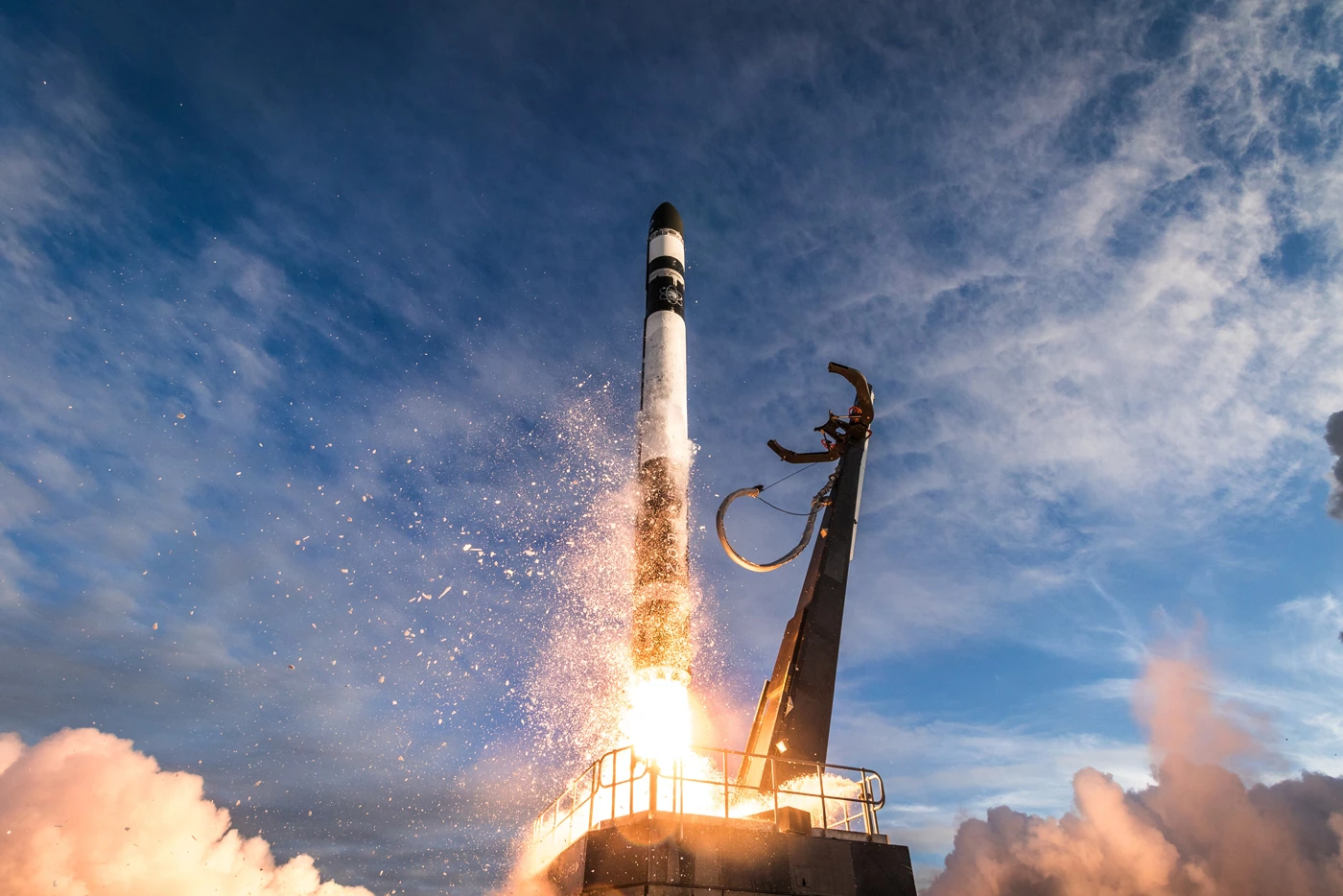Not too long ago, the ability to reuse rockets rather than burn them up in the atmosphere or let them plunge into the ocean was a very fanciful concept. SpaceX singlehandedly changed the game in this regard, but it might soon have some company in the realm of rocket recycling with competitor Rocket Lab today announcing a reusability program of its own.
Rocket Lab specializes in launching small satellites into space and has carried out missions for some significant customers, including the US military and NASA. But each of its Electron boosters is worth around US$5 million apiece, so just as SpaceX did some years ago, it is looking to trim costs by exploring the potential of reusability.
And it's a markedly different approach to that employed by Elon Musk's space company, which first landed a first-stage booster at Cape Canaveral back in 2015. The company has now refurbished and reused dozens of Falcon 9 rockets, after either landing them at designated landing zones or on a barge ship out at sea.
Announced today, Rocket Lab's initial plans involve retrieving the first stage of its Electron boosters from the ocean, and shipping them back to its US production complex to be refurbished. But where things get interesting is the second phase of this strategy, where the company will apparently attempt to catch the first stage before it splashes down, in mid-air, with a helicopter.

Following a launch and the second-stage separation to deliver payloads into orbit, the first stage would re-enter the atmosphere and deploy a parachute to reduce its velocity as it hurtles back toward Earth. When the time is right, a helicopter would then come along and collect the rocket by snaffling the line that connects it to the parachute, and gently place it on a ship to be hauled back to shore.
Rocket Lab says when it last launched its Electron rocket as part of a mission in June, it packed some instruments onboard that allowed it to collect data specific to its recovery efforts. It will do the same for an upcoming launch later this month, with a view to then making its first recovery attempts later in the year.
"Reusing the stage of a small launch vehicle is a complex challenge, as there's little mass margin to dedicate to recovery systems," says Peter Beck, Rocket Lab Founder and Chief Executive. "For a long time we said we wouldn't pursue reusability for this very reason, but we've been able to develop the technology that could make recovery feasible for Electron. We're excited to put that technology into practice with a stage recovery attempt in the coming year."
The video below shows how the system would work.
Source: Rocket Lab










